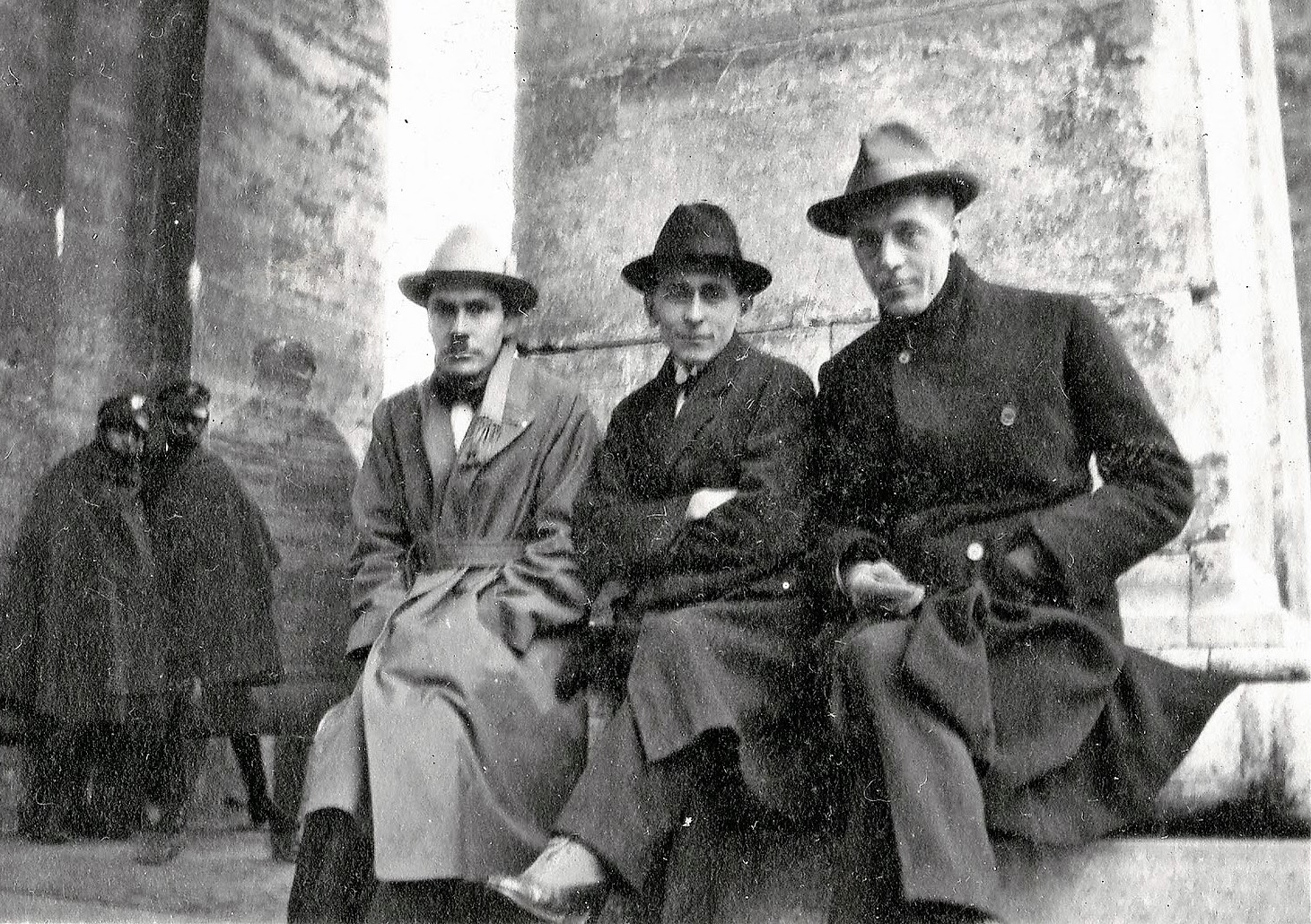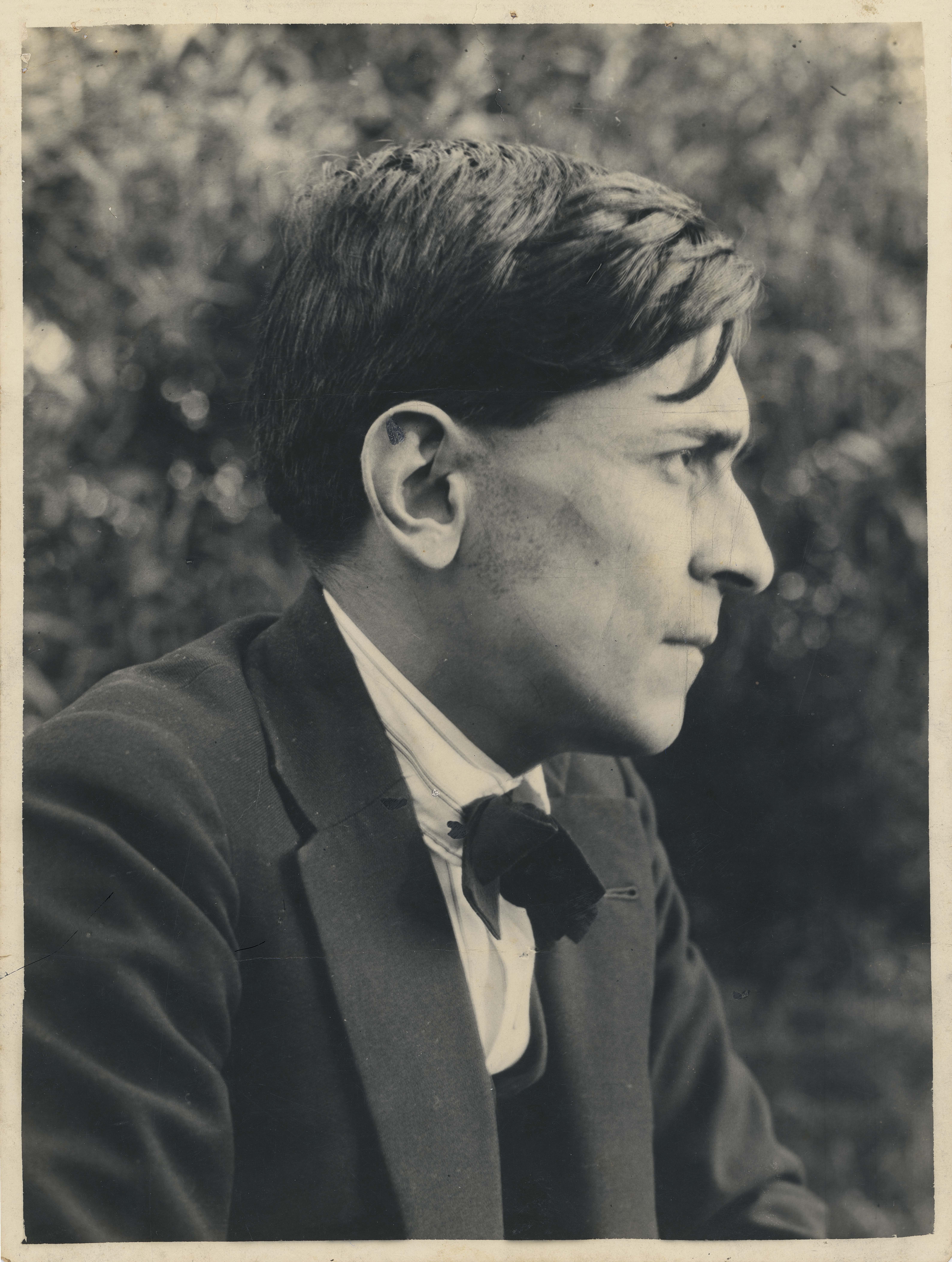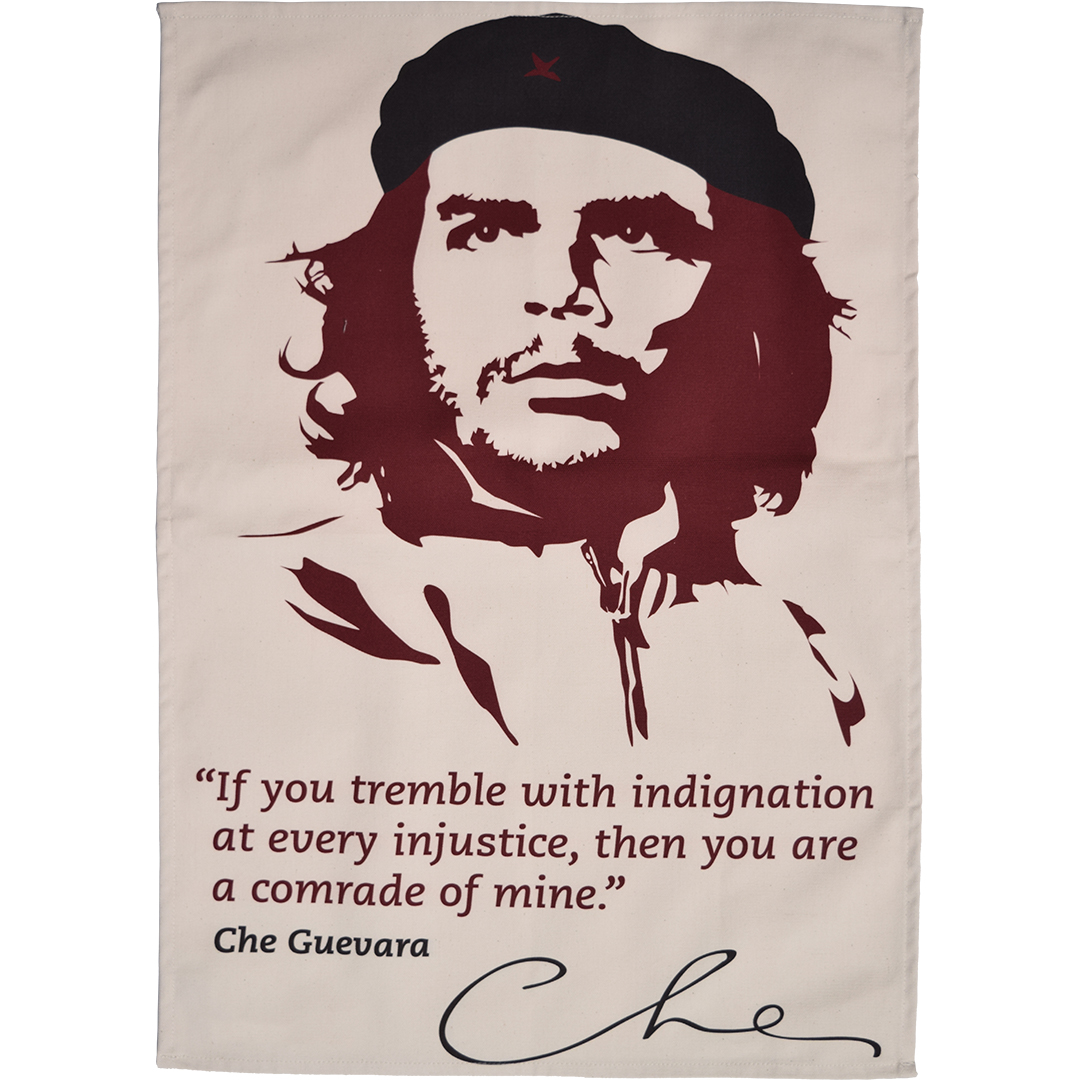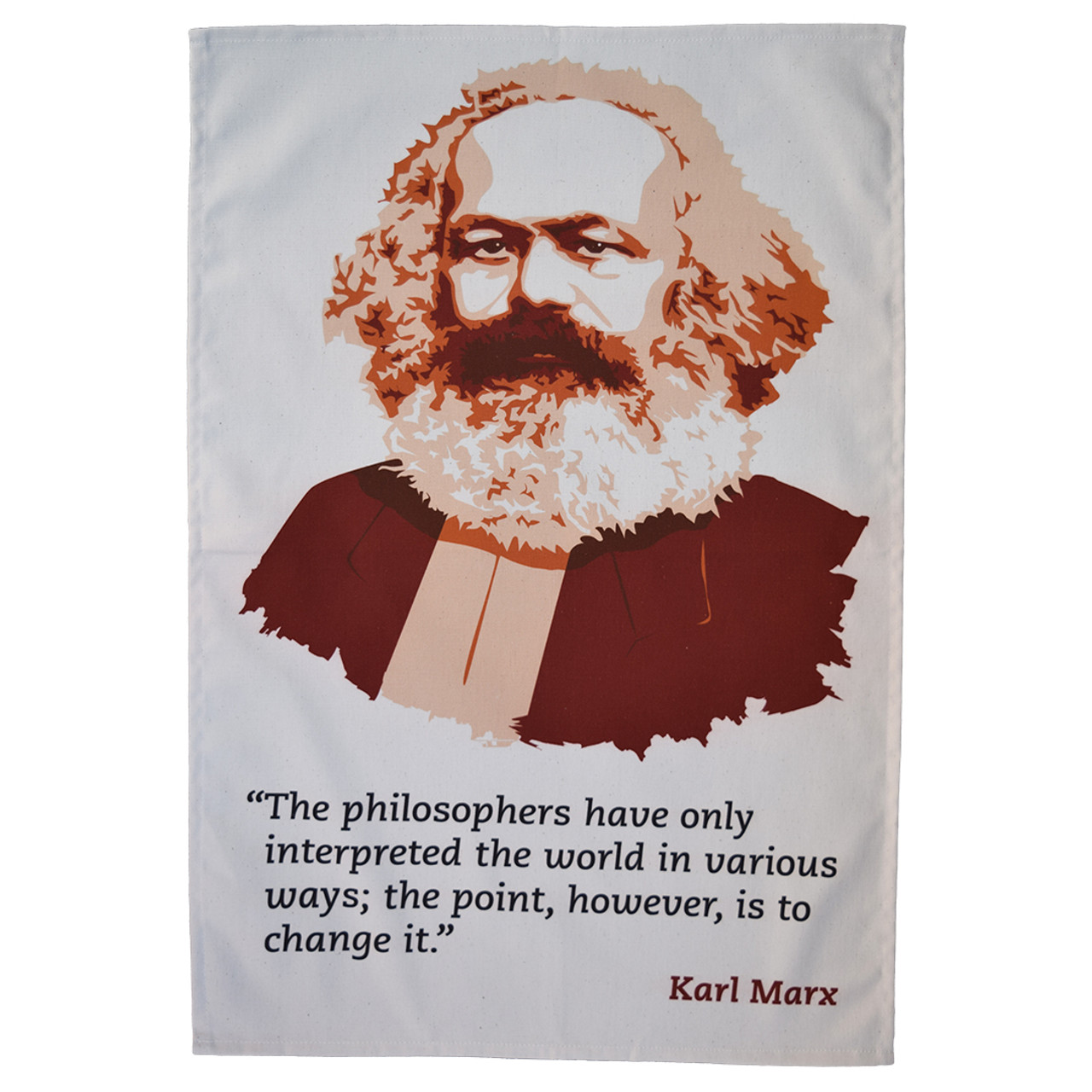Marxism With a Twist: The Life of José Carlos Mariátegui
Posted by Pete on Jun 14th 2023

The activist and thinker who redefined Marxism in Latin America
“Who knows when the time of living gently will return.”
- Mariátegui
José Carlos Mariátegui is one of the great figures of radical history in Latin America.
Born in June 1894 in Moquegua, in the south of Peru, he grew up during a very turbulent era: a time of wars and revolutions.
With this backdrop of international tensions and societal changes, Mariátegui went on to become not only a radical activist, but one of the foremost Marxist theorists of the twentieth century.

One of the foremost Marxists scholars in Latin American history, Mariátegui is known as 'El Amauta' meaning 'The Teacher'
Peru was grappling with the loss of a war against Chile, the United States was becoming more and more aggressive towards Latin America, and, in 1914, World War One broke out in Europe.
The World War was the backdrop to Mariátegui’s early adult life.
He’d managed to get a job as a newspaper columnist in Lima. The city was buzzing with news of the war, which had led to an export boom in Peru.
But the 1910s weren’t just a decade of war. They were a decade of revolution, too.
The
Mexican Revolution had broken out in 1910, waged against the sort of social inequality and political authoritarianism which was then common to much of Latin America.
Soon after, triggered by the upheaval of World War One, there was the Russian Revolution in 1917.
Both of these events began to radicalize Mariátegui towards revolutionary socialism.
Often referred to as 'Che's precursor', Mariátegui had a profound influence on Che's Marxist thought
Click to view our Che Guevara tea towel
During the 1910s, Mariátegui became increasingly political in his journalism, and increasingly activist in Peruvian society.
When the demand for Peruvian exports collapsed after the war, the resulting economic crisis saw mass labour protests and a general strike among the workers in Lima.
Mariátegui backed them all the way.
For his trouble, he was exiled to Europe by Peru’s dictatorial government, which didn’t take kindly to agitators.
But the Europe of the late 1910s and early 1920s was hardly going to temper Mariátegui’s radical fervour.
The continent was alive with social revolution. Ireland was fighting a revolutionary
war of independence, and the Kaiser had been overthrown in Germany.
Mariátegui spent much of his three-year exile in Italy, as the Communist movement was forming there in the midst of a massive strike wave.
By the time he was able to come back to Peru in 1923, he’d become a devout Marxist, intent upon spreading the gospel of Marxist revolution in Latin America.
Mariátegui returned from Europe intent on spreading Marxist revolutionary thought across Latin America
Click to view our Karl Marx tea towel
But Mariátegui didn’t come home with a pre-packaged, ready-made Marxism.
No, Mariátegui was an innovator. He spent the next decade – his last – transforming Marxist theory to be more revolutionary, and more Latin American. It was Marxism with a Peruvian twist.
Like
Antonio Gramsci, whom he met while in Italy, Mariátegui did not think that the overthrow of capitalism could be left to the impersonal laws of economic development.
There had to be a conscious commitment by workers to actually do the overthrowing:
“Marxism, where it has shown itself to be revolutionary… has never obeyed a passive and rigid determinism.”
Mariátegui’s generation had seen that the world could be radically changed. He had faith in the revolutionary potential of humankind, to make a better future for itself.
Mariátegui also appreciated that Marxist theories, forged in Europe, had to be remade if they were to be useful for the masses in Latin America.
Unlike nineteenth-century England, where Marx did most of his thinking, Peru didn’t have a big urban workforce – it would need to find its revolutionaries elsewhere.
So, Mariátegui argued that the country’s indigenous peasants had the power and skill to lead a socialist revolution in the Andes:
“Perhaps an indigenous revolutionary consciousness will form slowly, but once the Indians have made the socialist ideal their own, they will serve it with a discipline, tenacity, and strength that few proletarians from other milieus will be able to surpass.”
Alongside all this intellectual work, Mariátegui busied himself organising a new Peruvian Socialist Party, and building up allied trade unions.
So, when he died in 1930, after a long battle with severe leg injuries which he’d lived with since childhood, Mariátegui had cemented his position alongside the likes of
Tupac Amaru and José Martí as one of the great thinkers and activists in the long radical history of Latin America.


